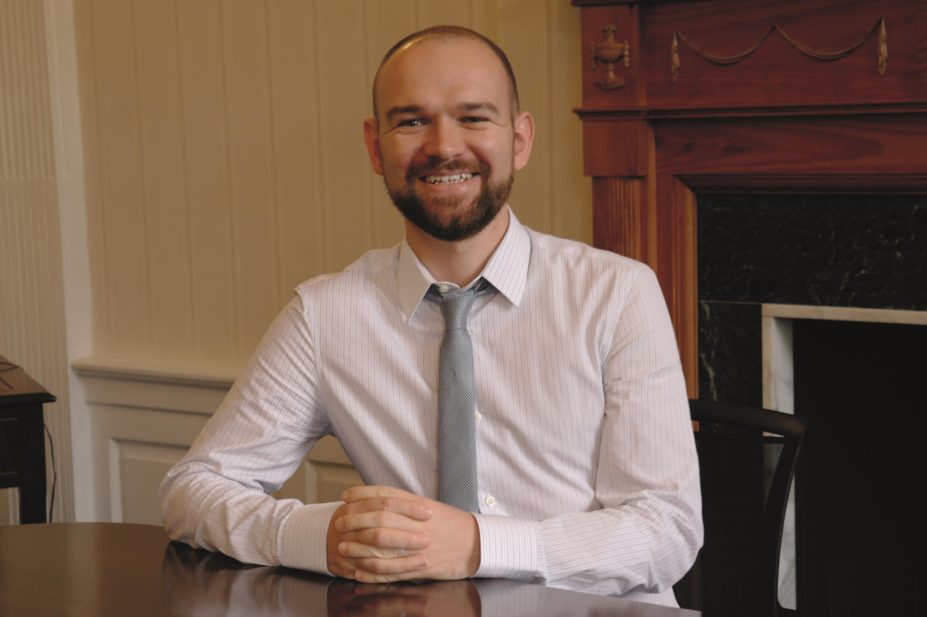
Adam Osprey
Community Pharmacy Scotland (CPS) has said there should be greater “flexibility in supervision arrangements” of community pharmacies.
The organisation, which represents pharmacy owners in Scotland, has issued a statement which says that “professional judgement [should be] exercised in the safe supply of medicines from the pharmacy in the absence of a pharmacist”.
In a position statement issued this week, the three Royal Pharmaceutical Society (RPS) national boards and the RPS president jointly called for legal guarantees that a pharmacist will always undertake a clinical assessment or check, and emphasised that a pharmacist should always be present in a pharmacy, apart from occasional short periods of time.
The statement follows the leak of a document that was prepared by a working group of the Department of Health’s Rebalancing Medicines Legislation and Pharmacy Regulation Programme Board, suggesting that current legislation could be changed to allow a “registered pharmacy professional”, which could include a technician, to “take responsibility for” the sale and supply of pharmacy and prescription-only medicines.
Asked to clarify the CPS’s position, Adam Osprey, policy and development pharmacist, said: “We don’t believe that the pharmacist necessarily has to be physically present at all times.”
He explained: “If we are going to move forward with community pharmacy to truly integrate with other healthcare professionals as partners and truly respond to and serve the increasingly complex needs of the community then pharmacists can’t be tied to either a building or parts of a process when there are alternative, safe solutions to service delivery.
“But we are absolutely not saying that the pharmacy can operate without a pharmacist – just that there needs to be the flexibility in supervision regulations to allow for innovation and the development of new models. Pharmacists would still retain overall accountability and responsibility for the pharmacy’s functions, although they may not necessarily be present. It would be just down to each individual’s professional judgement to run the pharmacy according to the competency of the staff that they are leaving.”
He added: “It goes without saying that the clinical check must still be performed by the pharmacist, but there are a number of ways in which the accuracy check can be safely and effectively completed without their input. This could be by a technician or by utilising advanced scanning technologies, among many other options.”


